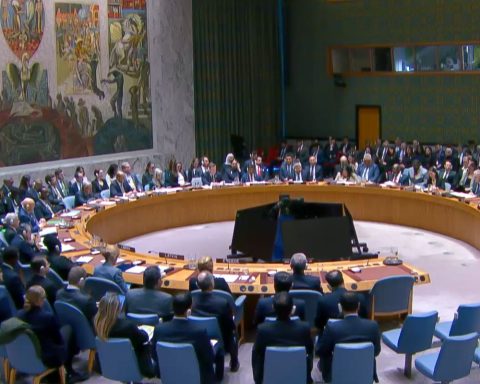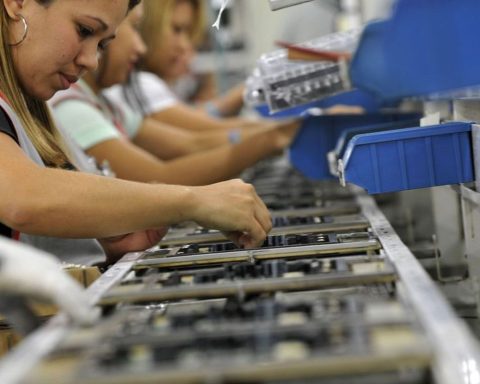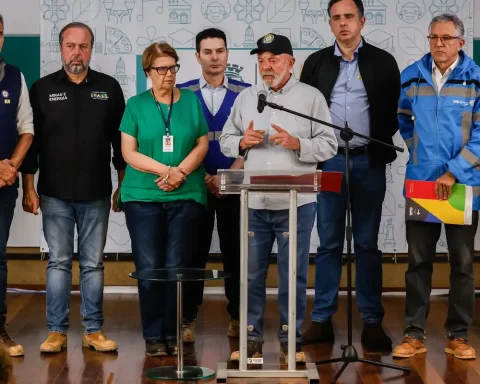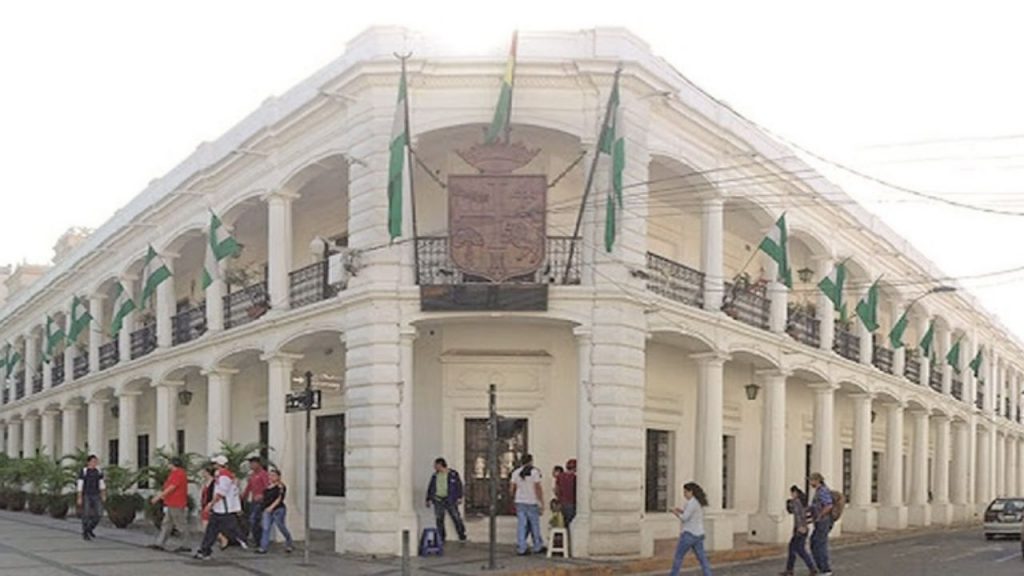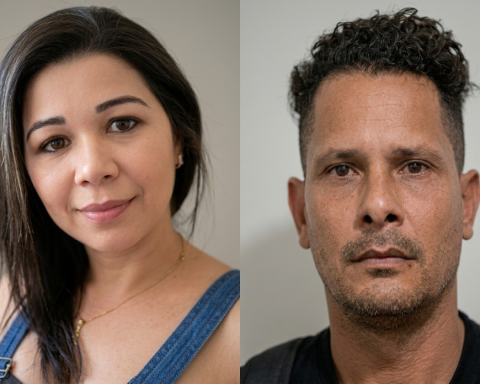The Federal Senate approved, in this Thursdayon Thursday (2), the Provisional Measure (MP) 1061/2021 that creates the Brazilian Aid. The MP had been sent by the government in August and had already been approved, with amendments, by the Chamber of Deputies on the last 25th. The article had until the 7th to be approved, at the risk of losing its effectiveness. The now PLV 26/2021, goes to the approval of the President of the Republic, Jair Bolsonaro.
The new bill also creates the Alimenta Brasil program, which will replace the Food Acquisition Program (PAA), aimed at family farmers.
Brazil Aid
The Auxílio Brasil program replaces Bolsa Família and had already been paid for November 17th about 14.5 million Brazilian families.
The program provides for three types of benefits: the Early Childhood Benefit, which will be paid to families with children up to 3 years of age; the Family Composition Benefit, intended for families whose composition includes pregnant women, nursing mothers or people aged between 3 and 21 years old; and the Extreme Poverty Overcoming Benefit, paid to families in extreme poverty, whose monthly per capita family income, even added to the previous financial benefits that may have been received, is equal to or less than the value of the extreme poverty line.
In addition to these benefits, the program also institutes Esporte Escolar allowances; Junior Scientific Initiation Scholarship; Citizen Child; Rural Productive Inclusion and Urban Productive Inclusion, classified as “incentives to individual effort and emancipation”.
PEC of Precatório
The financing of the program will be thanks to the Proposed Amendment to the Constitution (PEC) of the Precatório, also approved in this Thursday-fair. This is because, as the PEC postpones the payment of court orders, the government starts to to have a financial slack to finance Auxílio Brasil.
Brazil Aid must to have payment of installments with an average value of BRL 400. It was already defined by the matter that the ceiling on this benefit amount to havethe faceto have permanent and not temporary. The program is expected to serve 17 million families.
*with information from the Senate Agency

